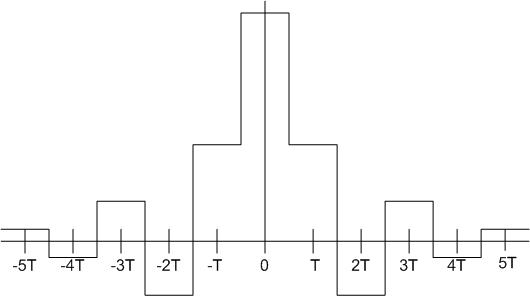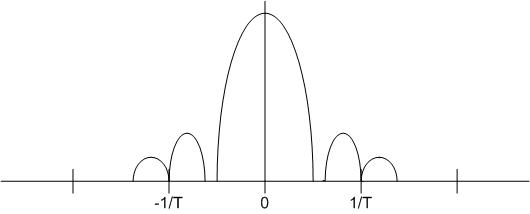User:Goeari: Difference between revisions
Jump to navigation
Jump to search
| (9 intermediate revisions by the same user not shown) | |||
| Line 1: | Line 1: | ||
[[Image:p1010006.JPG|thumb|Aric Goe]] | [[Image:p1010006.JPG|thumb|Aric Goe]] | ||
== Signals & Systems == | == Signals & Systems == | ||
*[[Signals and systems|Signals and Systems]] | |||
=== Introduction === | === Introduction === | ||
[http://www.myspace.com/goemaster Aric's Homepage (Updated 10.01.07)], | |||
==== Becoming familiar with Wiki ==== | ==== Becoming familiar with Wiki ==== | ||
Well, it all seems a little too | Well, it all seems a little too convenient to me. | ||
====Practicing TEX==== | ====Practicing TEX==== | ||
| Line 11: | Line 16: | ||
:<math>\frac{Ep}{Tp} = \frac{Es}{Ts}</math> | :<math>\frac{Ep}{Tp} = \frac{Es}{Ts}</math> | ||
== How a CD Player Works == | |||
| Line 37: | Line 42: | ||
<math>\hat X(f) = 1 | <math>\hat X(f) = \frac{1}{T} \sum_{n=-\infty}^\infty X(f - \frac{n}{T}) \cdot P(f)</math> | ||
</center> | </center> | ||
where | where | ||
<center> | <center> | ||
<math>P(f) = \int_{-T | <math>P(f) = \int_{-\frac{T}{2}}^{\frac{T}{2}} e^{j2\pi ft} \, dt = T sinc(fT) | ||
</math> | </math> | ||
</center> | </center> | ||
Latest revision as of 22:26, 1 October 2007
Signals & Systems
Introduction
Aric's Homepage (Updated 10.01.07),
Becoming familiar with Wiki
Well, it all seems a little too convenient to me.
Practicing TEX
- Simple Transformer Equation
How a CD Player Works
First, a digital signal is read from the CD and then convolved with a pulse function in the D/A converter. The result in the time domain looks like this:
Let's look at this result in frequency space. Note that convolution in time means multiplication in frequency.
where
The low pass filter then knocks the high frequencies out of the signal coming from the D/A converter, which smoothes out the edges of the reproduced sine wave in time. This output waveform then drives the speaker, thereby recreating the original sound stored on the CD.
Contributing Authors:


